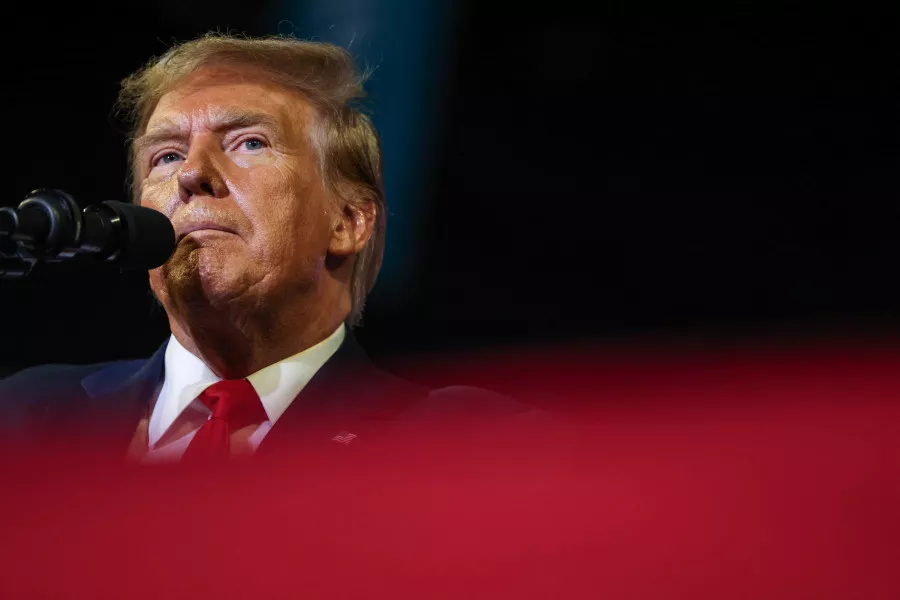Former President Donald Trump sparked controversy on Saturday with remarks suggesting that he would not honor the collective-defense clause of NATO, stating that he would encourage Russia to act as it pleases towards any NATO member failing to meet defense spending guidelines.
Speaking at a rally in Conway, South Carolina, Trump asserted his role in revitalizing NATO, emphasizing his insistence that member countries increase their defense spending. He recounted interactions where he purportedly told NATO leaders that the U.S. would not automatically defend countries that did not fulfill their financial obligations.
Trump’s remarks drew swift criticism, with President Joe Biden condemning them as abandonment of NATO allies and potentially emboldening Russian aggression. NATO Secretary General Jens Stoltenberg expressed concern over the implications of Trump’s comments, warning that such rhetoric undermines collective security and puts soldiers at risk.
European Council President Charles Michel echoed these sentiments, denouncing Trump’s remarks as reckless and asserting that they play into Putin’s interests.
At the heart of the controversy lies Article 5 of the NATO treaty, which stipulates mutual defense among member states. Trump’s assertion that the U.S. would not honor this commitment represents a departure from longstanding NATO principles.
Despite the outcry, Republican Senator Marco Rubio defended Trump’s remarks, arguing that they reflected his efforts to compel NATO members to meet their financial obligations. Rubio emphasized that Trump’s stance was not unprecedented and was part of his strategy to leverage U.S. influence within the alliance.
Trump’s comments come amid longstanding criticism of NATO funding disparities, with the former president often alleging that member countries were not adequately contributing to collective defense efforts. Trump’s approach to NATO has been characterized by threats of withdrawal and skepticism about the alliance’s relevance, aligning with his broader foreign policy agenda.
